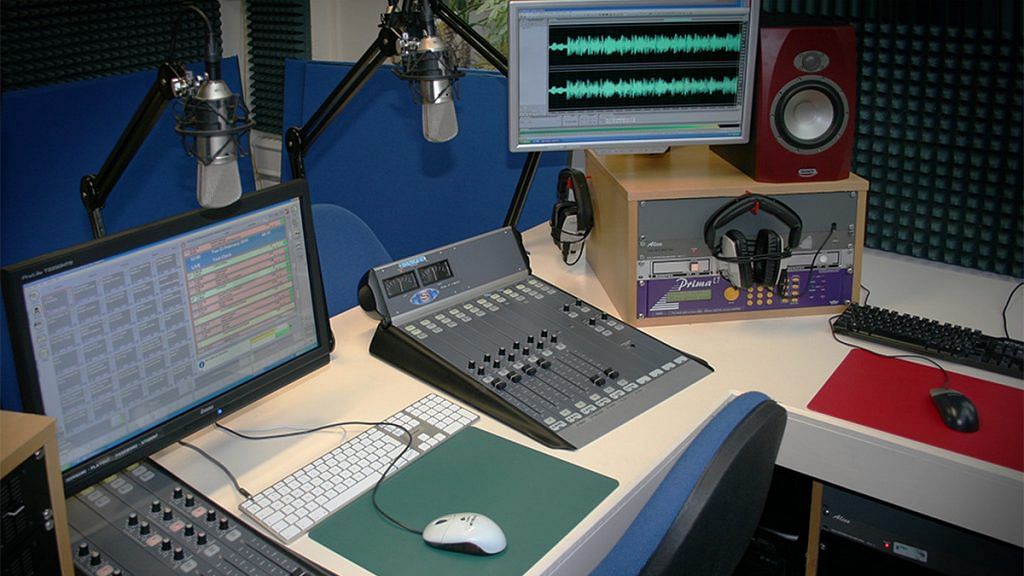The base price had led to a dismal response in the auction of the second batch when a number of private players stayed away.
New Delhi: The Modi government is preparing to hold auctions for the third batch of private FM radio frequencies, under its FM Radio Phase-III policy.
But private players continue to red-flag the government’s decision to assign reserve prices for the frequencies.
As many as 683 radio frequencies across 236 cities will be up for sale in the electronic auctions tentatively scheduled for December.
The government says that the third batch of auctions would bring all 29 states and six union territories under the FM radio network while fetching it revenues of Rs 1,100 crore.
Its plans, however, could hit a major roadblock as private players in the sector continue to have misgivings about the base prices, which range between Rs 5 lakh for Kargil and Leh and Rs 18 crore for the airwaves in Hyderabad.
The base price was among a number of factors, private players say, for the dismal response to the second batch of auctions in 2016, which saw the government earn a mere Rs 200 crore after selling just 66 channels of the 266 frequencies that were up for sale in 92 cities.
For instance, the base price for airwaves in Chandigarh was set at around Rs 15 crore, which the private players say make it unviable.
In contrast, the government had earned Rs 1,187 crore from the first batch of auctions held in 2015, when it sold 97 channels in 56 cities. While there was a base price even then, the majority of the stations that went under the hammer were in tier-1 cities.
The government had then also earned over Rs 1,200 crore as migration fee for 245 stations that were moving to phase 3 from phase 2.
Sources said the third batch of auctions, for which no date has been finalised, will be conducted on the lines of the second batch, and no changes have been made in the existing FM Radio Phase-III policy for the upcoming auctions.
ThePrint has learnt that the Information and Broadcasting ministry had last year sent a cabinet note recommending a few amendments in the FM Radio Phase-III policy, but that has not been approved yet.
A senior ministry official said that it would not be possible to amend the reserve prices at this stage.
“It won’t be possible to change the reserve prices at this point. The auctions would be held as per the existing policy,” the official said, adding that it would be considered at a later stage if the ministry deems fit.
Also read: Sexual harassment complaints at All India Radio must be fairly addressed: Maneka to I&B minister
Radio players upset over high reserve prices
Private players from the industry say that the proposed auctions could end up like the 2016 sale due to the high reserve prices for even smaller towns.
Other concerns highlighted by AROI included the existence of a three-year lock-in period for the channels, a clause restraining a broadcaster from operating more than 15 per cent of the frequencies available nationally and 40 per cent of the frequencies available in a town.
Also read: Here’s why AIR bid to check Pakistan’s radio propaganda in Punjab is doomed to fail
The body had also red-flagged restrictions not permitting news and current affairs on private FM radio channels and called for making all private FM broadcasters use Prasar Bharati’s premises and towers wherever they are available.
It had also urged the government to ensure a deferred payment plan, instead of making successful FM bidders to pay 100 per cent of the bid amounts upfront.
